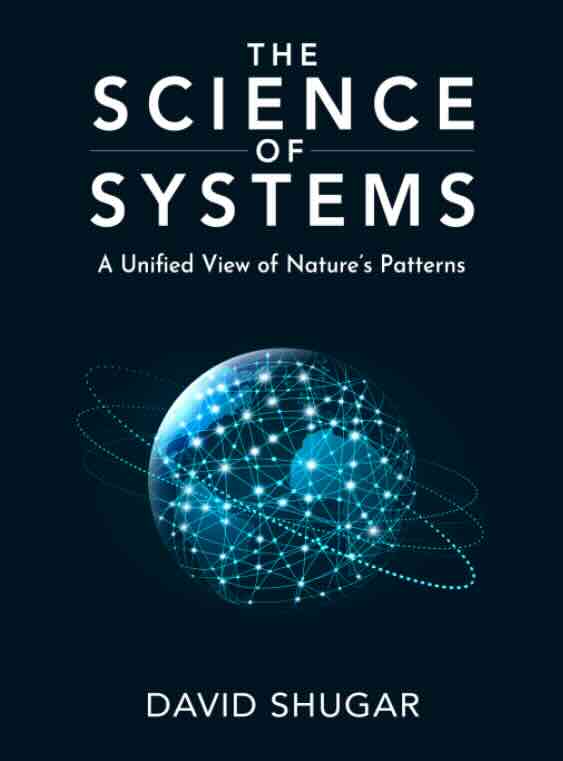General System Theory studies everything about anything, but nothing about any one thing.
There exists a theory that transcends the boundaries of specialization, reaching into the very essence of interconnectedness itself. This theory is none other than General Systems Theory (GST), a framework pioneered by visionaries like Ludwig von Bertalanffy.
At its core, GST is not concerned with the intricate details of individual systems, but rather with the patterns that permeate them all. Gregory Bateson, in his seminal work, spoke of “the pattern that connects,” emphasizing the fundamental interconnectedness between patterns. In this light, GST seeks to uncover the underlying structure that binds together any type of analysis or model. Essentially, GST is about how patterns themselves are established, not the particular detail of any one pattern.
Imagine a vast web, where each strand represents a system – be it logical, mathematical, physical, ecological, or technological. Rather than focusing on the attributes of any single strand, GST zooms out to reveal the general principles that apply to any system. It is not concerned with the specifics of individual systems, but with the overarching principles that apply to all system (if there are any). For example, what is required for any system to be defined, such as the identifying particular elements and relations to provide meaning to, and define, the system itself.
GST provides a framework to study how any system of analysis can be formed, and what are the key characteristics that allow a system of any type to be defined. GST studies how any specific division of the perceived reality into different pieces and wholes can be made, whatever those distinctions may be. In essence, GST tells us everything about anything, or more precisely any model of a thing. However, due to the fact that GST is, following its definition “general”, GST provides no details about any one type of system in particular. It operates at a meta-level, examining the patterns that cut across any model.
GST can be thought of as the study of models, patterns, and knowledge itself. GST studies what is required for any model to be formed, the limits of models, and the general rules that can apply to any system of knowledge. It is concerned with how models are formed, rather than which particular models best describe nature (which is the goal of science) or the results that come about from a particular set of axioms and assumptions.
It’s important to note that GST does not prescribe rigid rules or dogmatic doctrines for individual systems to follow. Instead, it must always adapt to find what applies to any system. All properties of any systems, by definition, must be consistent with the properties of GST, as each system is a general system that adds additional specifications. So, if something new is found in one system that violates GST, the general theory of systems itself must be changed to accommodate it.
There are some drawbacks with only studying what applies to every model and all patterns. Specifically, it provides absolutely no information, whatsoever, about any model in particular. Math and logic are typically interested with what findings can be made following particular axioms. In contrast, GST only provides rules that must be followed by all systems of logic and math, in general. Different types of systems, with particular rules, like physical systems, chemical systems, biological systems, social systems, and so on can introduce new rules for specific scenarios and provide scientific insight.
Even though there are some drawbacks to this extremely general approach, one of the key benefits of GST, is that it serves as a powerful tool for interdisciplinary inquiry, facilitating communication and collaboration across diverse fields. It enables us to see beyond the silos of specialization, fostering a holistic understanding of how things themselves are understood.
Want to learn more about systems theory, natural science, and sustainability? Check out my book! https://davidshugar.com/book/
